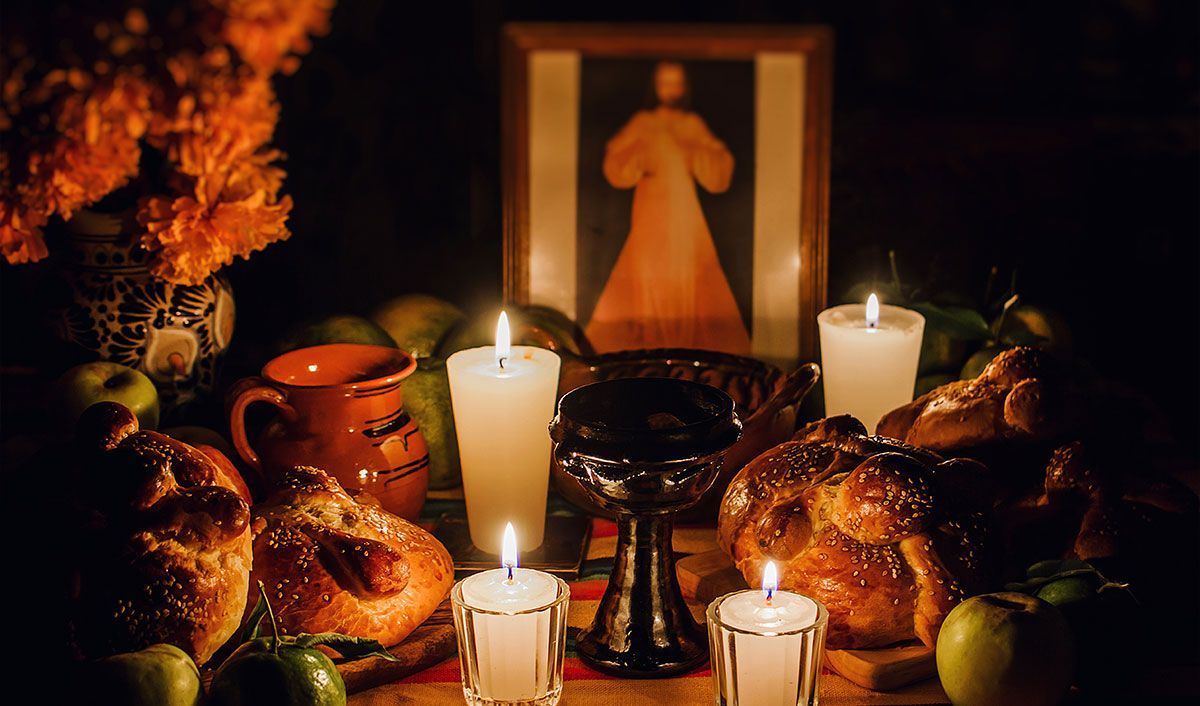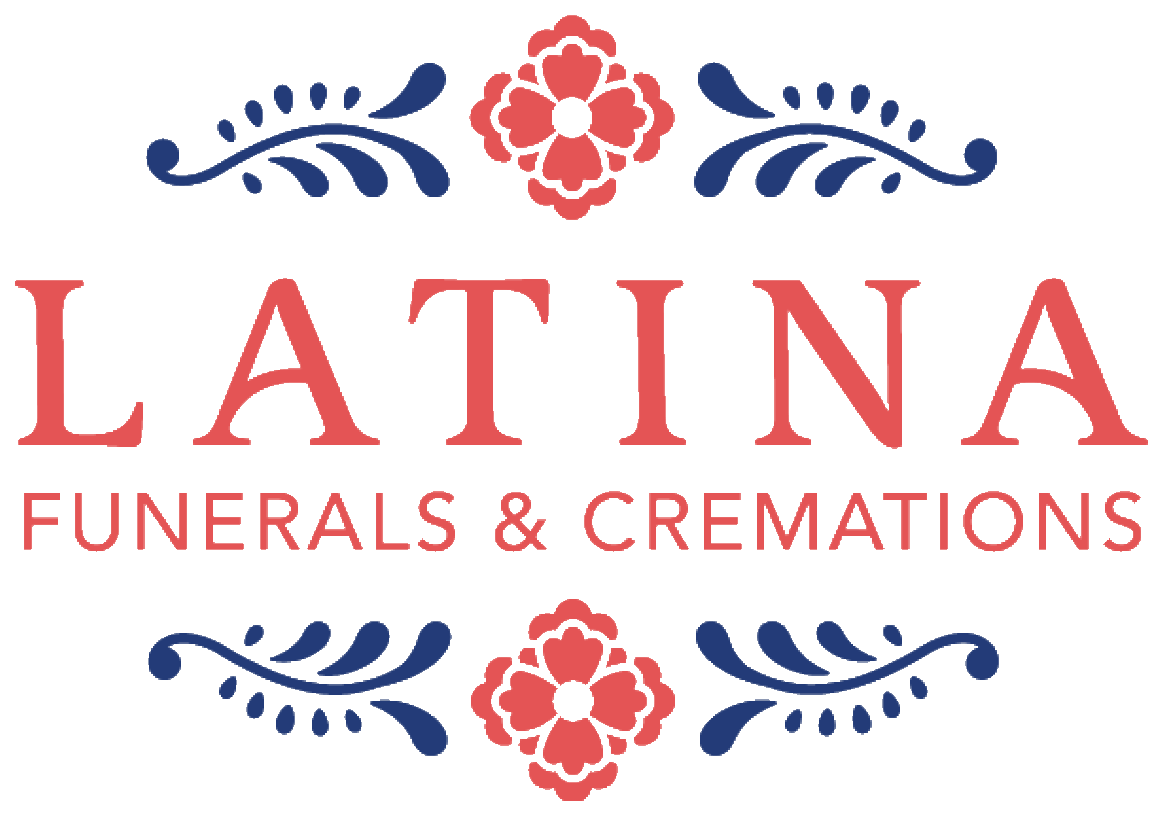The Meaning of Novenas and How They Help Us Grieve

Although there is a great sadness associated with death, it is also seen as the beginning of the afterlife. Traditionally, Hispanic people, especially Catholics of Mexican descent, are encouraged to see this as a joyous occasion. In addition to mourning the loss of a loved one, it’s a time to pray for those who have left this life and to celebrate them accordingly.
Mourning rituals provide an external expression of grief, conveyed through cultural practices and social customs. Mourning and celebrations of life both serve as a way to express deep and painful emotions and come together as a community to draw comfort from one another. In the Hispanic funeral tradition, novenas or novenarios are prayers for the dead that provide a ritual for easing grief and helping families through the process of loss.
Novenarios para los difuntos
The word “novena” is rooted in Latin and literally means “the number nine.” The term refers to an early Christian practice where Masses were held for nine consecutive days, with different devotional prayers and saints invoked for different occasions, such as “El Dia de Los Muertos,” or as a penance for sins.
Novenarios para los difuntos, or a novena for the deceased, is a nine-day period of private or public prayers for the soul of a loved one so that their journey into the next life can be a peaceful transition.
La breve historia de las novenas
Historically, on the days between death and the passing into the afterlife, family members would gather around the body of the deceased to eat, drink, talk, and pray for nine days.
Other traditions associated with the Novena include laying the head of the deceased on a brick and the body over a cross made of lime. After the burial, a Novena was traditionally performed for nine days, symbolizing the nine months that a person was in the mother’s womb. These traditions are still performed in the small villages of Mexico, where wakes are still held in the homes of the family of the deceased.
Many families in Hispanic communities in the U.S. continue to pray the novena for their departed loved ones. However, it’s more common for a wake to be held in the funeral home and for novenas to be prayed in church than at home.
Como rezar una novena para nuestros difuntos
Although novenas are rooted in the old traditional ways of mourning, today, the Catholic church has simplified them to make it easier for the younger generations to hold on to these traditions. Specific prayers are not required. A simple “Padre Nuestro” is perfectly acceptable.
You may pray the rosary in addition to the novena, but you don’t have to. You don’t have to pray at the same time every day, although you can. The sincerity of the intent is the most important thing.
When a loved one dies, you have the choice to pray in a way that makes sense for your family and will help you to heal. Your family can gather to pray together, or you can ask a church for a novena mass. These traditions create an opportunity to connect with your heritage and community while expressing your grief and honoring your loved one’s transition from this life to the next.
The staff at Latina are always here for our community. If you’d like to learn more about Catholic funeral services, call us at 303-996-0701 and we will be happy to answer any questions you may have.
Go en paz.
As members of Denver’s Hispanic communities, we feel a deep responsibility to help its families through some of their most difficult days. We are here for you and your loved ones, and our staff is available to answer any questions you may have.
Llámanos al (303) 996-0701.

